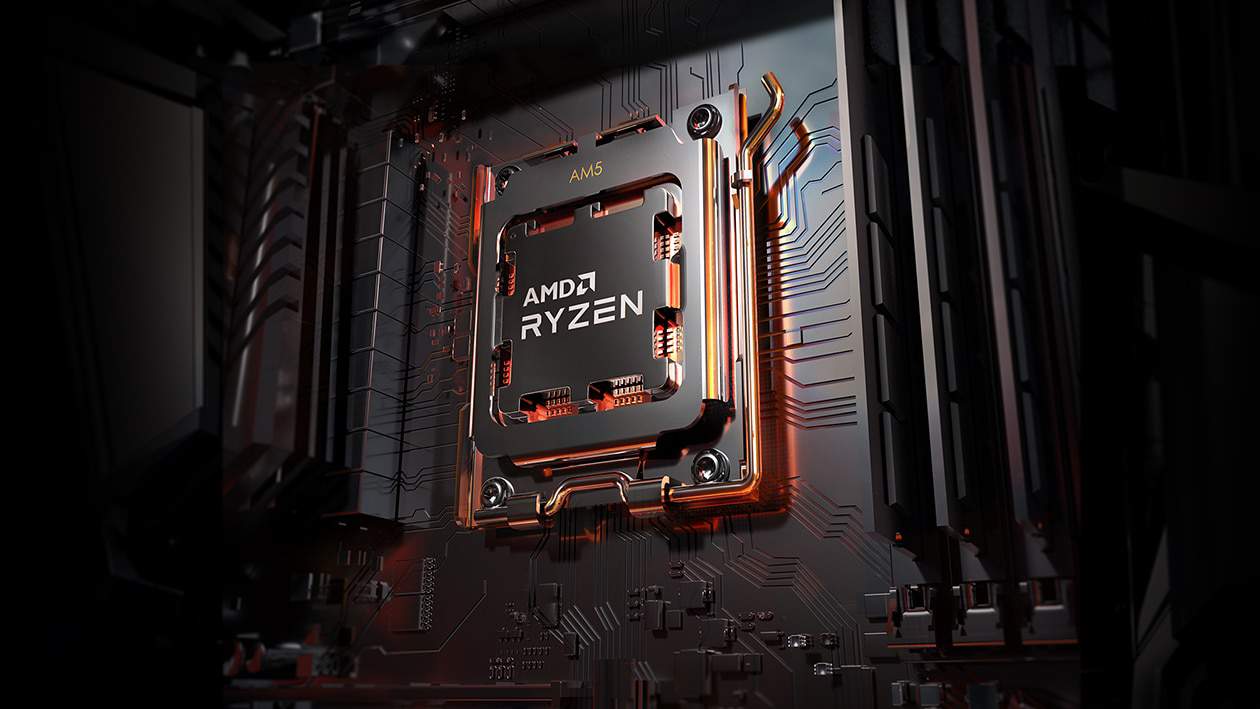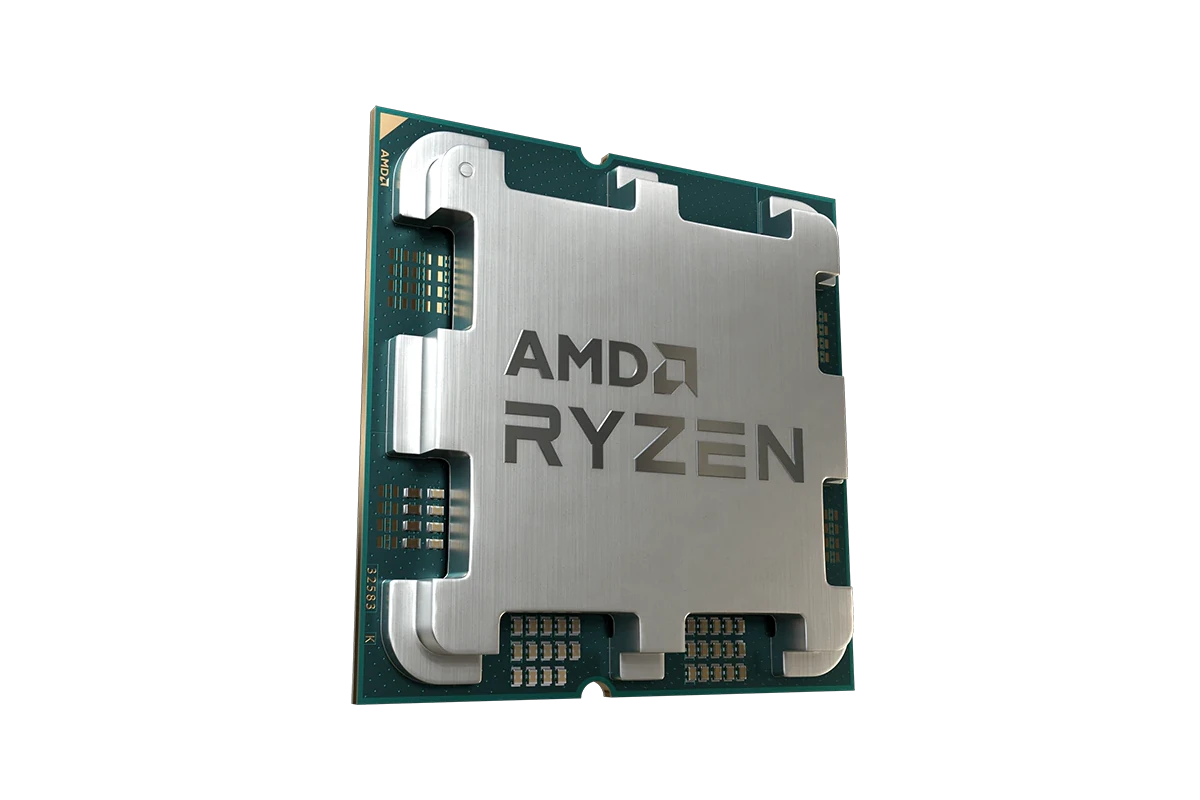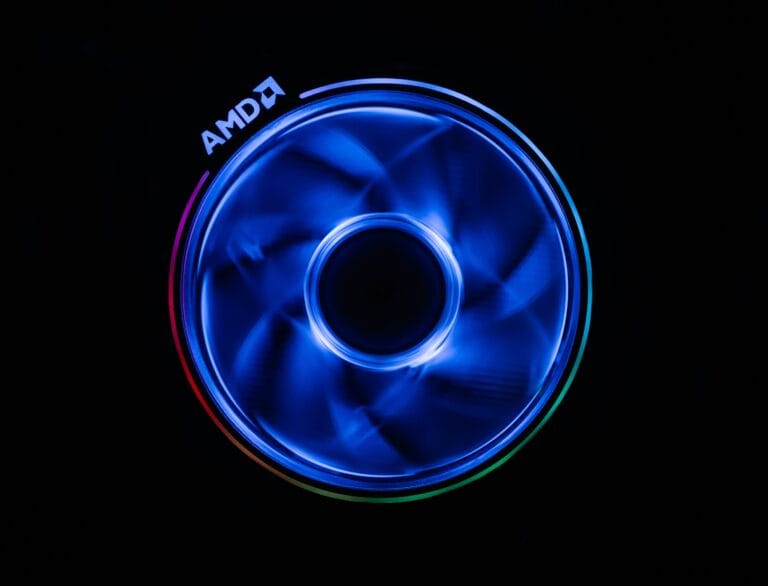AMD is poised to introduce its next-generation CPUs, the Zen 5 processors, which are anticipated to build upon the company’s established heritage of high-performance computing. The advancements over previous generations suggest significant enhancements in processing power, pointing to potential improvements in both single-threaded and multi-threaded applications. Zen 5 architecture represents AMD’s ongoing commitment to innovation in processor design, with an aim to deliver substantial gains in efficiency and performance for users.
AMD Zen 5 CPUs: What We Know
| Feature | Details |
|---|---|
| Codename | Granite Ridge (Desktop), Strix Point (Mobile), Turin (Server) |
| Architecture | Zen 5 |
| Manufacturing Process | Expected to use a mix of TSMC 4nm and 3nm processes |
| Release Date | Anticipated for late 2024 |
| Expected Performance Improvements | Significant gains over Zen 4, rumors hint at 20-30% IPC uplift and higher clock speeds |
| Socket | AM5 (Likely to be the last generation supported on the AM5 platform) |
| Integrated Graphics | Speculated to feature RDNA 3.5 architecture, further improving on-chip graphics performance |
| Competition | Intel Arrow Lake (14th Gen) |

Important Notes:
- Leaks and Rumors: Much of this information comes from leaks and informed speculation. While AMD has indicated a 2024 target, specifics could change.
- Evolution, Not Revolution: Zen 5 is expected to be a refinement of the successful Zen 4 architecture, offering substantial enhancements rather than a complete overhaul.
What We’re Excited About
- Performance Leap: The rumored performance improvements could make Zen 5 a formidable competitor to Intel’s latest offerings.
- Advanced Manufacturing: The use of cutting-edge 4nm and 3nm processes promises excellent performance per watt.
- RDNA 3.5 Graphics: Enhanced integrated graphics could further push the boundaries of what’s possible without a dedicated GPU.
The forthcoming Zen 5 CPUs are reported to focus on leveraging full-size cores without incorporating a hybrid design, offering desktop users the advantages of uncompromised processing capabilities. This decision seems to reflect AMD’s strategy to directly cater to high-demand computing tasks, which could reshape expectations for desktop performance standards. With the market eagerly anticipating the release, Zen 5 could potentially bolster AMD’s position against competitors and impact the CPU industry with its enhanced capabilities.
Key Takeaways
- AMD’s Zen 5 CPUs mark a continuation of the company’s progress in high-performance processors.
- The Zen 5 design is optimized for efficiency and raw processing power without using a hybrid core approach.
- AMD’s upcoming processors could influence the competitive landscape and user expectations for desktop computing.
Zen 5 Architecture and Performance
The AMD Zen 5 CPUs mark a significant step forward in processor technology, featuring advanced manufacturing processes and impressive gains in both efficiency and raw performance.
Architectural Innovations
AMD’s Zen 5 architecture is expected to be built on a 3nm process, offering a substantial shrink from the 5nm and 4nm designs used in the Zen 4 series. This leap forward allows for increased transistor density, providing the groundwork for more computational power in a similar physical space. Specifically, Zen 5 is set to refine the multi-threading capabilities, which should benefit both desktop and server environments.
Performance Enhancements
Zen 5 processors are predicted to continue AMD’s trend of elevating instructions per clock (IPC), an essential measure of CPU efficiency. With amplified IPC, each core of a Zen 5 CPU can execute more tasks within a single clock cycle compared to its Zen 4 predecessors. This translates into faster performance without necessarily increasing the clock speed. Additionally, support for RDNA 3 graphics may be incorporated, offering integrated GPU enhancements for select models.
Comparative Analysis with Competitors
When juxtaposing AMD Zen 5 CPUs to competitors like Intel’s Arrow Lake processors, both companies aim for cutting-edge performance and efficiency. AMD’s use of a 3nm manufacturing process potentially gives it an edge in transistor efficiency over Intel’s offerings. However, Intel has its proprietary technologies such as advanced 3D V-Cache, which could level the playing field in terms of overall performance. The battle between these giants continues to push the bounds of what CPUs can achieve in laptops, desktops, and servers.
Product Line-up and Market Impact
AMD is gearing up for the release of its next-generation Zen 5 processors. These chips, expected across desktops, laptops, and servers, promise significant performance improvements and new capabilities.
Desktop and Laptop CPUs
AMD’s Zen 5 architecture is set to elevate the performance of both desktop and laptop CPUs. For desktops, enthusiasts eagerly await the Ryzen 8000 series, including the powerful Ryzen 9 and Ryzen 7 models. These processors are anticipated to continue the competition with Intel, influencing gaming and professional markets. Laptops will benefit from Zen 5’s enhanced efficiency, offering extended battery life and better multitasking.
APUs, a blend of CPU and GPU, are expected to see upgrades with Granite Ridge and Turin processors. With these, AMD may boost graphical capabilities without needing separate graphics cards, an advantage for compact laptops.
Server Chips and Graphics Integration
For the server market, AMD’s Zen 5 EPYC CPUs are predicted to hold their ground against competitors. The focus here is on demanding workloads like data analysis and cloud computing. Improved performance per watt is a key factor, especially for data centers mindful of energy consumption.
Graphics integration could also see a leap with the inclusion of RDNA 4 technologies. This addition will bolster server chips, enabling better on-chip graphics processing for tasks needing visual computation.
Launch Details and Consumer Expectations
AMD has announced that Zen 5 CPUs will launch in the second half of 2024. The timing suggests key industry events like Computex could be potential platforms for more details or even launches. Consumers following leaks and rumors are excited but also watchful, as AMD’s performance claims have yet to be tested outside of controlled environments.
With the Ryzen 7000 series already showing strength, the expectation is that the Zen 5 lineup, including the Zen 5c, will push the envelope further. As the release date approaches, anticipation builds for what these new chips could mean for computing power and efficiency.
Frequently Asked Questions
This section addresses some common inquiries regarding AMD’s Zen 5 CPUs, providing insight into performance benchmarks, compatibility, and technical specifications.
What performance improvements can be expected from Zen 5 over Zen 4?
The Zen 5 architecture is anticipated to offer notable computational enhancements over its predecessor, Zen 4. This includes a leap in processing capability, all thanks to architectural refinements and potential increases in clock speeds.
What core and thread counts are available in the Zen 5 lineup?
Zen 5 CPUs are expected to come in various configurations, with core and thread counts tailored to different market segments, from mainstream desktops to high-performance computing platforms.
Are there any compatibility concerns between Zen 5 CPUs and existing motherboards?
Users might need to check motherboard compatibility as Zen 5 could introduce new chipset requirements. It’s vital to confirm support from the motherboard manufacturer for a smooth upgrade.
How does Zen 5 performance compare to Intel’s 14th generation processors?
While direct comparisons are pending official benchmarks, Zen 5 CPUs aim to rival Intel’s 14th generation offerings in performance, potentially leading in select computational metrics.
What are the speculated or confirmed specifications of Zen 5 CPUs?
Zen 5 CPUs may include expanded cache and enhanced instruction sets. Exact core counts, clock speeds, and other technical specifics are forthcoming as processors reach the market.
Will there be a significant energy efficiency improvement in Zen 5 CPUs?
Efficiency advancements are anticipated with Zen 5, reducing power consumption while maintaining high performance, an important factor for both environmental impact and operational cost.







